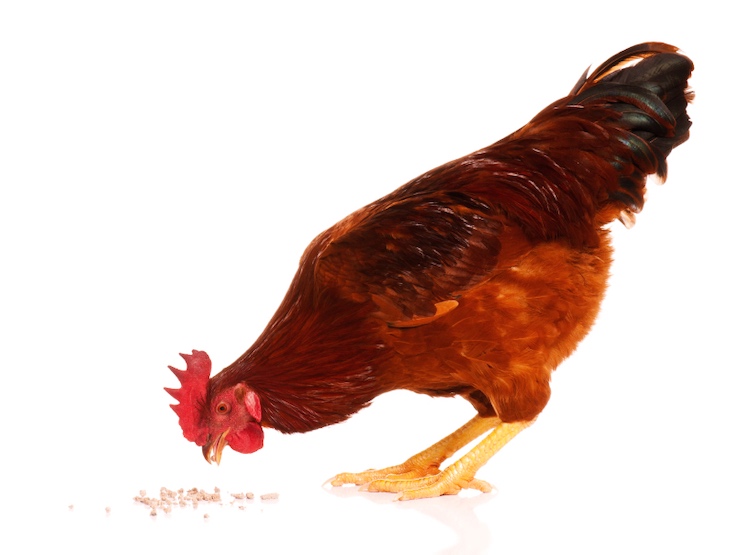There have been thousands of human illnesses linked to backyard poultry in the U.S. in the past few years. In 2020 alone, there were 17 multistate outbreaks of Salmonella illnesses linked to contact with poultry in backyard flocks. In fact, in 2020 the number of illnesses linked to live birds was higher than any other past year.

In those 17 outbreaks, 1,722 people were sickened, and 333 were hospitalized. One death was reported in Oklahoma. And 24% of those patients were children under the age of 5. Testing of backyard poultry and their environments in Kentucky and Oregon found three of the outbreak strains.
The problem is that live poultry can carry Salmonella bacteria even if they look clean and healthy and do not seem sick. It’s so easy to contract a Salmonella infection from chickens and other birds too; all you have to do is touch them or something in their environment, then touch your face or mouth or eat something without washing your hands.
But if you choose to keep backyard poultry, there are ways to prevent your family from getting sick. Follow these rules scrupulously.
First, always always wash your hands thoroughly with soap and water every single time you come into contact with the birds and with anything associated with them. That means food and water containers, the food, anything in the coop, and the chickens. Make sure that your kids wash their hands too, and supervise them closely.
Second, never keep any items you wear when you are in the coop or near the chickens in the house. There should be a specially designated area for all clothing, including shoes. Have a separate pair of shoes and separate clothing for when you are taking care of the chickens.
Third, watch your kids carefully around the birds or ban them completely from interacting with them, especially if they are very young. Kids are likely to kiss and pet the chickens and especially chicks. And kids, especially those under the age of 5, who contract Salmonella infections are much more likely to have a serious illness that may require hospitalization and have long term health consequences.
Fourth, never bring human food with you in or near the coop. Never eat anything when you are around the chickens.
Fifth, stay outside when you are cleaning any equipment or materials used around the backyard poultry. Don’t clean food or water bowls in the house.
And finally, handle eggs that you collect safely. Throw away cracked eggs. Do not wash warm, fresh eggs because the cold water can pull bacteria into the egg itself. Refrigerate eggs after you collect them. And cook eggs to a final internal temperature of 160F as measured with a food thermometer.




